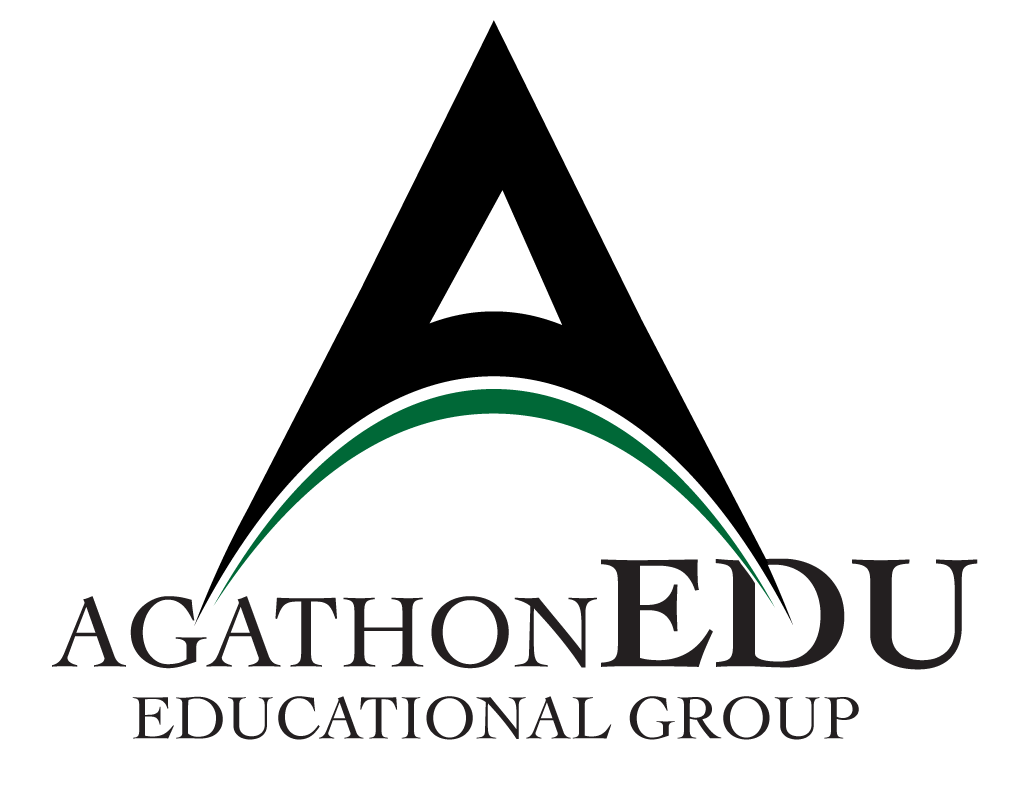
Course Faculty
Mark Perkins, MDiv
Associate Professor of Biblical Education and Leadership
Daniel Goepfrich, ThM, DMin
Associate Professor of Greek and Hebrew
John Oglesby, MA
Associate Professor of Biblical Education and Leadership
Christopher Cone, ThD, PhD, PhD
Research Professor of Biblical Education and Leadership
William Buttermore
Guest Lecturer
A study of the basic elements of Biblical Hebrew and Koine Greek for research in transformative learning models.
CBU Master of Ed (30 Hours) and Master of Divinity (72 Hours) Program Info
Undergraduate Lounge
[bp_better_messages_chat_room id=”1109″]
Course Syllabus
Course Syllabus / LANG5101 Languages for Interdisciplinary Research
Christopher Cone, Th.D, Ph.D, Ph.D
John Oglesby, MA
Mark Perkins, M.Div
Daniel Goepfrich, Th.M, D.Min
William Buttermore
- CBU PROFESSOR(S) BIO
John Oglesby presently serves as Executive Vice President and professor at Vyrsity and Colorado Biblical University with previous experience in administration and academics at Calvary University. John received his BS in Advanced Biblical Studies as well as his MA in Bible and Theology from Calvary University. John has taught classes in Philosophy and Worldview, Theology, Leadership, Education and Biblical Studies. His writing can be found at johnoglesby.org.
Mark R. Perkins has 33 years of experience as a pastor, professor, wilderness guide, and missionary, most notably as the Pastor of Front Range Bible Church in Denver, Colorado. Mark graduated from Azusa Pacific University with a BA in Bible Literature, and from Talbot Seminary with an MDiv in New Testament. He did further studies in Classical Literature at the University of Houston. He has served as adjunct faculty for Word of God Bible College in Kyiv, Ukraine, Rocky Mountain Bible College, and Calvary University. He remains active in leadership for Colorado Biblical University, APXAIOC Biblical Archaeology Institute, and Evanelia Tahiti. Mark is a veteran of the U.S. Army, and has led more than 40 wilderness trips in the mountains and canyons of the western USA. He is a two time survivor of Acute Myeloid Leukemia. He and his wife Rene’ currently reside in the town of Papara on the island of Tahiti in French Polynesia, where they serve training pastors and laymen in the Great Commission of Jesus Christ.
Dr. Christopher Cone is the professor of record for the course. He serves as President and CEO of AgathonEDU Educational Group. Cone has served as President of Calvary University and as Research Professor of Bible and Theology, in executive and faculty roles at Southern California Seminary as Chief Academic Officer and Research Professor of Bible and Theology, and at Tyndale Theological Seminary as President and Professor of Bible and Theology. He has served in several pastoral roles and has also held teaching positions at the University of North Texas, North Central Texas College, and Southern Bible Institute. His articles are published at www.drcone.com, and he is the author and general editor of fifteen books.
Daniel Goepfrich (Th.M., D.Min.), an international conference speaker and author, is the Teaching Pastor at Oak Tree Community Church (South Bend, IN). He teaches Greek at Calvary University (Kansas City, MO) and Bible exposition for Word of Life International Bible Institutes. He is also Professor of Bible and Theology at Tyndale Theological Seminary (Hurst, TX) and Associate Professor of Greek and Hebrew for Colorado Biblical University (Fort Morgan, CO). In 2017, he founded Theology is for Everyone (theologyisforeveryone.com) to produce biblically-sound resources that everyone can use and understand. He is the author of Biblical Discipleship (2020), New Testament Chapter by Chapter (2017), and Marriage, Divorce, and Remarriage (2007) as well as several journal articles and multiauthor contributions.
- COURSE DESCRIPTION
A study of the basic elements of Biblical Hebrew and Koine Greek for research in transformative learning models.
III. COURSE OUTLINE
Module 1 – Language and Meaning – Dr. Christopher Cone
An examination of the relationship between language and meaning.
Module Reading: Terry, 69-75; 104-120
Module 2 – Parts of Speech – Mark Perkins
An introduction to the various parts of speech used within the Biblical Hebrew and Koine Greek languages.
Module Reading: Mounce, 24-90; 149-160; 291-297
Module 3 – Introduction to Greek Vocabulary – William Buttermore
An overview of the most popular Greek vocabulary and an introduction to Greek tools for those which are less popular.
Module Reading: Mounce, p. 1-23; 463-474
Module 4 – Introduction to Greek Grammar – William Buttermore
An introduction and overview and basic grammatical rules within the Koine Greek language.
Module Reading: Mounce, p. 110-145; 161-170; 182-207; 224-287
Recommended further reading: Mounce, p. 349-388
Module 5 – Concepts in Aramaic – Mark Perkins
An introduction to basic concepts within the ancient Aramaic language (the same which is found in the Biblical text).
Module Reading: McKenzie, p. 8-148
Module 6 – Introduction to Hebrew Vocabulary – Dr. Daniel Goepfrich
An overview of the most popular Hebrew vocabulary and an introduction to Hebrew tools for those which are less popular.
Module Reading: Van Pelt, p. xvii–25; 180-190
Review pages 443 and following. No need to read in its entirety.
Module 7 – Introduction to Hebrew Grammar – John Oglesby
An introduction and overview and basic grammatical rules within the Biblical Hebrew language.
Module Reading: Van Pelt, p. 26-114
Module 8 – Greek Exegesis – Dr. Daniel Goepfrich
An examination of the principles and methods for exegeting Koine Greek.
Module Reading: Mounce, p. 349-413
Module 9 – Hebrew Exegesis – John Oglesby
An examination of the principles and methods for exegeting Biblical Hebrew.
Module Reading: Van Pelt, p. 115-263
Module 10 – Language and Communication – Dr. Christopher Cone
An overview of introductory and foundational concepts to the science of language and its use within general communication.
Module Reading: Genesis 1–11
https://drcone.com/2017/05/13/get-competing-theories-origin/
- COURSE READING
Required Texts:
- All CBU courses use the Bible as a primary textbook. Translations used for coursework include any of the following: NASB, ESV, KJV, and NKJV. Other translations/versions may be used for complementary study and research.
- McKenzie, Steven, An Introduction to Aramaic, (Atlanta: Society of Biblical Literature), 2007. (Electronic copy provided).
- Mounce, William, Basics of Biblical Greek Grammar: Fourth Edition (Grand Rapids: Zondervan Academic), 2019. ISBN: 978-0310537434. Price: $35.85
- Practico, Gary, Miles Van Pelt, Basics of Biblical Hebrew Grammar: Third Edition (Grand Rapids: Zondervan Academic), 2019. ISBN: 978-0310533498. Price: $28.19
- Terry, Milton, Biblical Hermeneutics: A Treatise on the Interpretation of the Old and New Testaments, (New York: Philips and Hunt), 1885. (Electronic Copy Provided).
- LEARNING OUTCOMES
Course Learning Outcomes (CLOs)
- To prepare Learners to accurately handle the basics of the Biblical languages, leading to effective transformative research and writing.
- To provide Learners with an introduction to the vocabulary and grammar of the Biblical languages.
- To provide Learners with an effective methodology for exegeting the Biblical languages leading to accurate conclusions in transformative research.
- To prepare Learners for deeper study within the languages for transformative research and writing.
Program Learning Outcomes (PLOs)
- To prepare Learners for roles in transformative education teaching and service.
- To provide Learners a foundation for effective individual and organizational leadership in diverse environments.
- To ensure Learners demonstrate worldview foundation for empowering people and building communities.
- To help Learners formulate a Biblical approach to transformative learning and leadership.
CBU Learning Outcomes (CBULOs)
- Critical Thinking, Problem Solving, and Research – Learners will demonstrate ability to think critically, solve problems, and conduct interdisciplinary research at a level appropriate to their program.
- Personal Growth – Learners will understand how learning is related to personal growth, and will be challenged to grow in their thinking, communication, conduct, and engagement with others.
- Skills Development – Learners will advance in skills related to their area of learning, demonstrating a level of competency appropriate to their program.
- Social Responsibility – Learners will appreciate the diversity in and value of others as designed by our Creator, and will grow in willingness and capability to serve others.
- Worldview Applications – Learners will become capable at thinking from a worldview perspective and will understand the relationship of description and prescription, so that they can ground their actions in sound principles.
- ASSIGNMENTS AND GRADING (1000 Points)
- Module Assessments (25 points each x 10) 250 Points
- CLO 1,2,3,4 / PLO 1,2,4 / VLO 1,2,3
- Create a 10-15 minute video summarizing the content of the module.
- Course Content Assessment 250 Points
- CLO 1,2,3,4 / PLO 1,2,4 / VLO 1,2,3
- Create a 30-45 minute video summarizing and applying the content of the course in its entirety.
- Reading Content Assessment 250 Points
- CLO 1 / PLO 3,4 / VLO 1,2
- Write a 3-5 page paper (following Chicago Style) summarizing and critiquing the reading material for each module.
- Competency Assessment – Choose one of the projects below. If none of them are of interest, interact with your mentoring faculty to discuss other options.
- Writing: Write a 3000 word paper on a topic related to languages for transformative research and writing.
- Translation: Translate and provide translation notes for a chapter of the Old and New Testament (total of two chapters).
- Recorded Presentation: Give a 45-60 minute exegetical presentation of a Hebrew, Aramaic, or Greek passage of the Bible. Ensure that you interact heavily with the original languages.
- CLO 3 / PLO 1,2 / VLO 4,5
250 Points
VII. GRADING SCALE
91-100% A
81-90% B
71-80% C
61-70% D
0-60% F
VIII. CARNEGIE UNIT CREDIT HOUR EQUIVALENT
Total Hours of Module Content: 20 hours
Total Hours of Reading Content: 40 hours
Total Hours of Minor Assessments: 30 hours
Total Hours of Major Assessment: 30 hours
Total Hours of Competency Assessment: 15 hours
Equivalent of 3 Credit Hour (135 hours of total course time)

